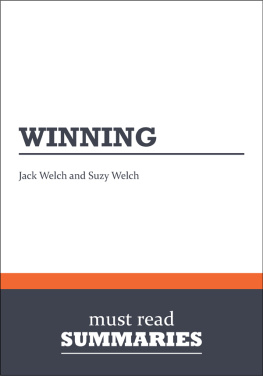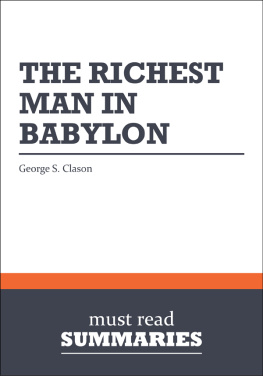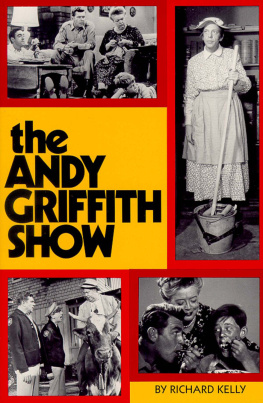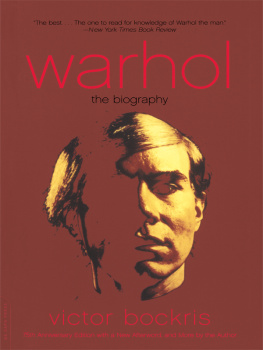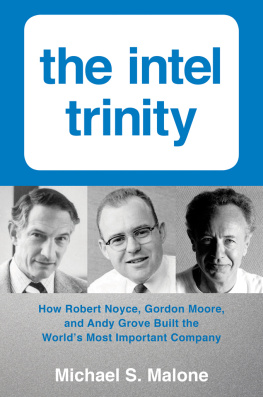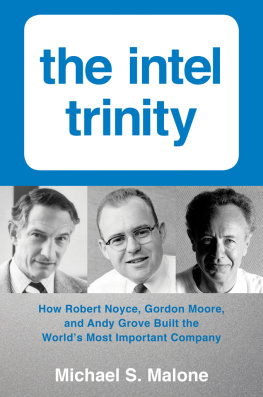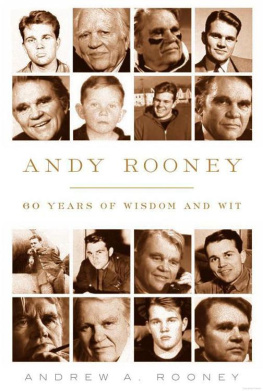Eighth chapter
I have been rabid about four things in my career at Intel: motherboards, Intel Inside, chipsets, and video conferencing. What if I had been equally rabid about networking? Intel could have been a very different kind of company.
Andy Grove
Despite the fact Intel was going well in the mid-1990s, Andy Grove had his fair share of mistakes. In 1995, he made a concerted effort to launch Intels video conferencing system called ProShare. At one stage, Intel had 700 people working on the product but it failed to gain much traction in the marketplace. The fact the system would require everyone to have ISDN lines installed in their houses was just too steep a technical hurdle to overcome. Even when ProShare was redeveloped to work with ordinary phone lines instead, the concept of video conferencing never really took off. Ultimately, ProShare would swallow three-quarters of a billion dollars and soak up five years before Grove would discontinue this initiative.
On a personal note, Andy Grove was also reminded that he was only human. He had a bout with prostate cancer and had to undergo radiation treatment at a local hospital. Whether this will reoccur later in his life remains to be seen but as of ten years later, it appears his treatment has been successful and the cancer seems to be in remission. Grove researched his own treatments options very thoroughly and faced the facts as they were rather than how he wished things were as he went through this episode in his life.
Despite these problems, Intel in 1996 was in fine shape. Sales that year topped $20.8 billion, up 29-percent on the previous year. Net income of $5.2 billion was up 45-percent on the previous year. Market capitalization was $111 billion placing Intel among the top one hundred companies in the United States. Intel now employed 48,500 people. If you had purchased 100 Intel shares at the time of its public listing in 1971, you wouldnow have shares which were worth more than $2 million. And the noteworthypoint about all these facts was that in 1996, the global semiconductor industry was in the middle of what was described as a very painful slump. Intel was still going strong because more than 70 million new personal computers were sold that year and between 80-and 90-percent of these machines had Intel microprocessors inside.
We believe that Intel is a tough competitor and is positioned to maintain its dominant market position for the foreseeable future. We believe that Intel views all competition, both existing and emerging, as credible and serious. It is the paranoia that is ingrained in the Intel culture that has motivated the Company to attack its own product line with new products before its competitors get a chance.
Alex Brown analysts briefing
The ongoing commercial success of Intel and the fact its CEO was a Hungarian immigrant who arrived in America penniless and then made good on the American Dream didnt go unnoticed by the press. Andy Grove was selected by Time magazine as Man of the Year for 1997. Andy also published an article in Fortune which detailed his very private battle against prostate cancer. He had also published a number of business books, including what would become a bestseller Only the Paranoid Survive. All in all, Andy Groves public profile was polished.
If you want to maintain your success, you have to dodge the bullets that come from your competitors. Most importantly, you have to dodge the most dangerous threat to your business, which is when your environment changes in such a way that the whole rules of the game get changed, and all of a sudden you find that your business is in a different game than it used to be before. I feel one has to be constantly alert in business to the unexpected, so only the paranoid survive is sort of my motto.
Andy Grove
When Intels sales for 1997 soared to $25 billion placing the company at number 38 on the Fortune 500, Andy Grove started thinking seriously about retiring as CEO. He had already groomed Craig Barrett as his successor and the official announcement was made on March 26, 1998. At the time of his stepping down as CEO, Andy Grove was sixty-one years old. Grove would continue to serve as chairman of the board of directors of Intel but responsibility for the day to day running of the company would now fall to the new CEO.
So what was Andy Groves legacy as CEO of Intel? As in most things in life, there are both positives:
- In purely financial terms, Intel under Groves leadership could hardly have done any better. By this metric alone, Groves tenure as CEO was a great success.
- In strategic terms, Intel was struggling for direction when Grove became CEO. Grove exited the memory business and got the company focused on microprocessors which ended up being exactly the right thing to do. That took courage and tenacity to pull off.
- Grove was quick to pick up on the fact the personal computer would be a big commercial success. That allowed Intel to position itself advantageously in this market before others were aware what was going on.
- Grove wasnt afraid to make the tough decisions. When Intel refused to license its 386 to anyone else, that was a real moment of truth. If Intel had acted conventionally , its future may have turned out quite differently. By doing this, Andy Grove showed he had nerve.
- Grove integrated into the DNA of Intel the fact change would be a constant. The company has never frozen its designs but continues to develop more complex chips all the time. Intel views cutting edge technology as a business necessity rather than as something which would be nice to have. Intel never settles for good enough.
- Grove always insisted the facts should be faced squarely and honestly in every situation. He instilled a sense of discipline within Intel that it was worth persevering to drill down and find out what was really going on.
... and negatives:
- There is no question Grove could have handled the Pentium floating point flaw better. This was a classic case where he let things get out of control rather than staying in the drivers seat. It also showed that his Intel Inside campaign had been so successful people now viewed Intel as a consumer products company rather than a business supplier. Ironically, the entire issue generated enormous brand recognition for Intel and once the problem was addressed this actually helped drive the acceptance of the Pentium chip in a powerful way.
- Equally, Grove has a sharp tongue. He doesnt make any attempts to hide his anger. He is well known for his ability to turn grown men into mush inside Intel. At a personal level, he is smart, relentless and sometimes dismissive. These character traits make him difficult and demanding to work for and people inside the company realize they have to knowtheir stuff before approaching him. The people who respond best to this kind of approach tend to be those who have the self confidence to give as good as they get. Grove seems to have an inexhaustible appetite for mental jousts. For those who make it past this, however, they often find Grove manages to get the best out of them which is often something they appreciate. It gave them a mental edge which may be reflected in why Intel turned in such a great performance.


